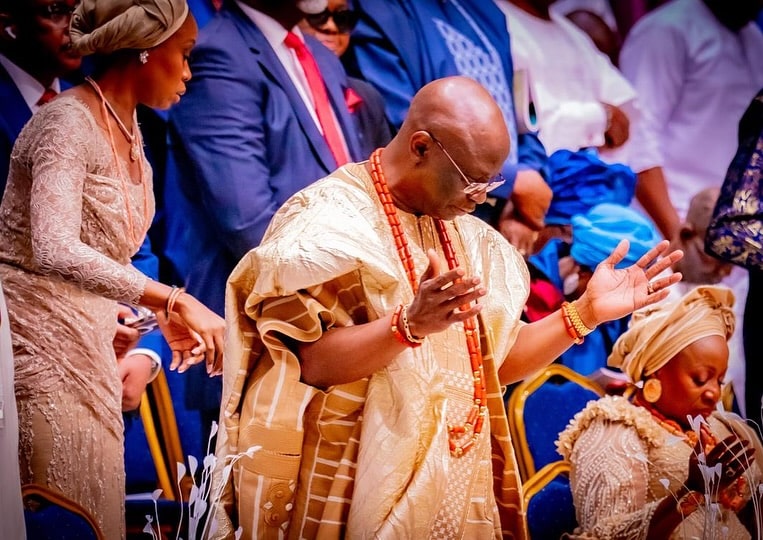The Nigerian Senate has sharply rebuked Pastor Tunde Bakare, accusing the prominent cleric and former presidential aspirant of crossing the line with his recent criticism of the 10th National Assembly.
Bakare, who ran for the All Progressives Congress (APC) presidential ticket in 2022, stirred controversy during his Easter State-of-the-Nation broadcast in Lagos. In his speech, he took aim at both President Bola Tinubu and the legislature, describing the 10th Assembly as a “haven for legislative rascality” and even likening it to the 48th member of the president’s cabinet.
Bakare didn’t stop there—he also condemned the emergency rule declared in Rivers State and criticized the National Assembly’s support for it. Additionally, he voiced deep concern over Nigeria’s worsening security situation, pointing to fresh waves of violence and killings in Plateau, Benue, and Enugu states.
In response, the Senate came out swinging.
In a statement released in Abuja, Senator Yemi Adaramodu, Chairman of the Senate Committee on Media and Public Affairs, dismissed Bakare’s remarks as “sweeping, politically charged, and disparaging.”
“We view his corrosive criticisms of the National Assembly as a biased and political ecumenical homily,” the statement read.
Senator Adaramodu emphasized that the Senate would not be lured into discussing matters currently before the courts, stressing their commitment to the rule of law and the independence of the judiciary.
He acknowledged that some tension between the executive and legislative arms is natural in a democracy, but cautioned against assuming such friction automatically ensures effective checks and balances.
“Criticism is part of democracy,” he said, “but it must be constructive, informed, and respectful—not designed to inflame or mislead.”
Bakare’s comments have reignited a familiar debate in Nigerian politics—how far is too far when it comes to calling out those in power?



